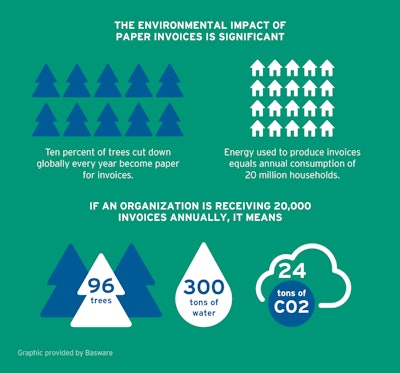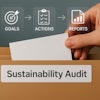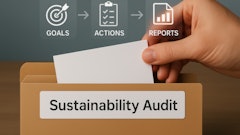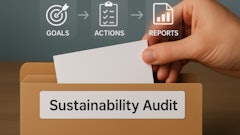
Basware has introduced an invoice carbon footprint index to its industry-leading Analytics solution. Customers can now view their carbon dioxide (CO2) emissions per invoice and benchmark the index against peer companies.
The environmental impact of invoicing is often overlooked. Ten percent of trees cut down globally become paper for invoices. And the disproportionate amount of energy required to produce these invoices equals the annual energy consumption of 20 million households. By adopting electronic invoicing, companies can not only reduce the amount of paper used within the organization, but also reinforce their green credentials by reducing CO2 emissions. In fact, according to a Basware scoping study published in 2018, switching from paper-based systems to Basware electronic invoicing services results in an estimated 36% reduction in emissions.
A new study out of the Harvard T.H. Chan School of Public Health definitively correlates air pollution with early death. A separate study confirms that “People with chronic health conditions, lower-income, and communities of color are disproportionately impacted by both COVID-19 and climate change, and pollution is at the heart of both problems.”
“The pandemic has caused everyone, globally, to not only conduct business differently the past several months, but also to rethink how we do so in the future and more deeply consider what our impact on each other and the environment is,” said Sami Peltonen, Vice President, P2P Solutions, Basware. “So many things are beyond our control, but our carbon footprint is one we can very much impact, immediately.”
The carbon footprint index, as part of the Analytics KPI overview dashboard, is calculated based on different invoice receiving methods from the 2018 scoping study. Companies can follow development of their own CO2 index over time, as well as see the average carbon footprint within the Basware network and benchmark against that. The dashboard also estimates how many trees, or how much water, a company has saved or can save if they onboard more suppliers to e-invoicing. Companies can view improvement potential per month as well.
“The carbon footprint index is a new way to emphasize green values through our software and bring it front and center to the AP KPI screen, which is the starting point for use of Analytics,” said Kevin Kamau, Product Manager, Analytics, Basware. “By presenting the environmental impact, in addition to efficiency and savings when they develop their procurement and finance processes, users have a constant and visible reminder of how even our small actions add up to big savings.”

















